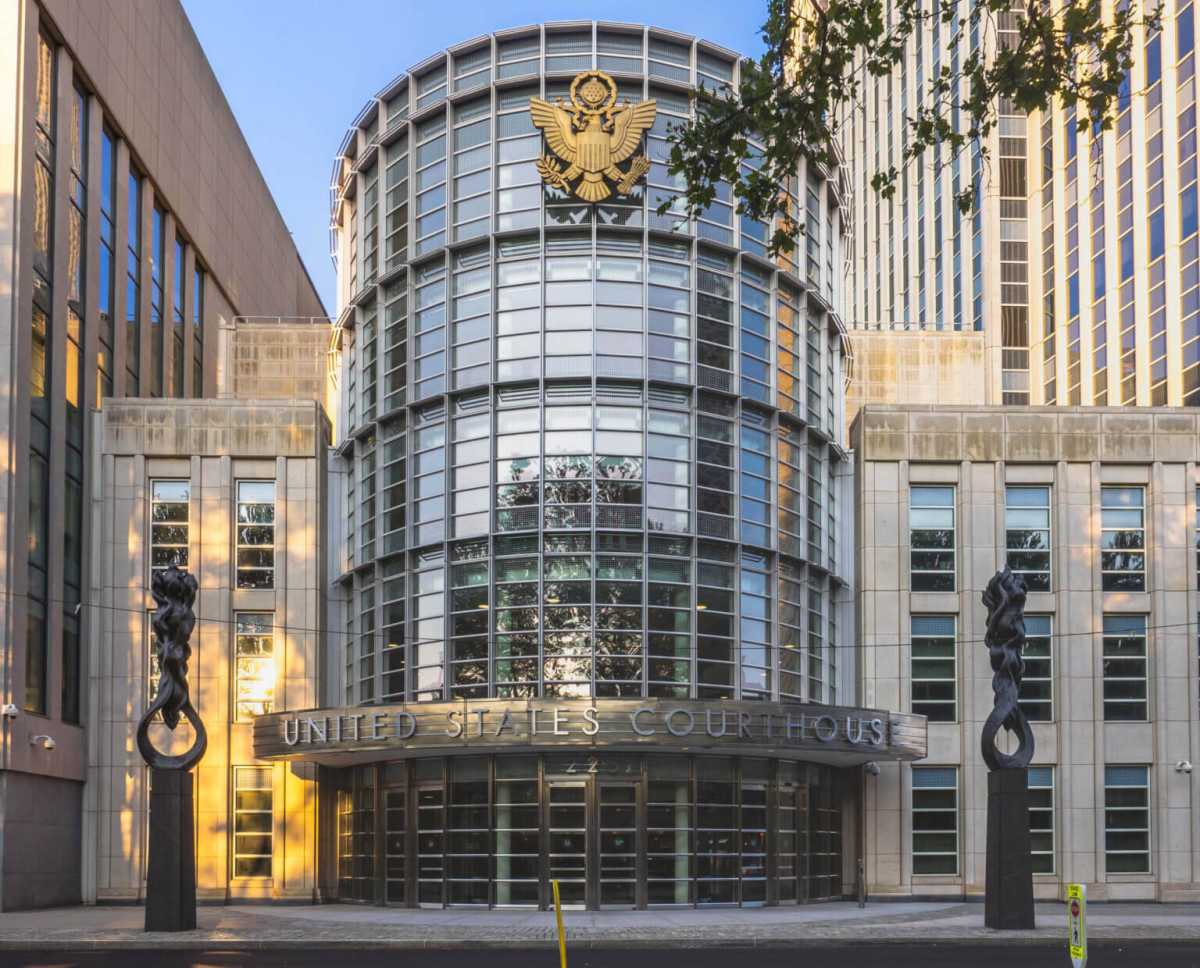The grouping of mostly small-island and low-lying coastal nations that make up the Caribbean trade bloc Monday said last weekend that they plan to hold developed nations to agreed temperature and emission targets at world climate talks in Mexico this week, contending that any significant diversion from these could spell doom for the region.
Bloc spokesman Garfield Barnwell said the region will be insisting that global temperature increases cannot go beyond 1.5 degrees centigrade and the level of emissions of greenhouse gasses must be returned to 350 parts per mission by 2015 if “any meaningful effect” will be made to correct the current situation at the moment.
The developed world has asked for increases of 2 percent or slightly above — a figure the region cannot live with as current rates are already causing several weather disruptions and bleaching of lifeline coral reefs in the world’s most tourism-dependent area.
Most presidents and prime ministers of the bloc nations were headed to United Nations Climate change talks in Mexico this week in the hope of persuading offending nations to agree to and stick to targets in order to save the planet.
The Caribbean’s position was bolstered by a damming U.N. study released over the weekend predicting widespread devastation for the region from sea level rises as most of the regional infrastructure of hotels, resorts, state buildings and airports are located on or very near the coast.
Damage, relocating or rebuilding will cost an estimated $187B by 2080 the report said, suggesting that a one meter rise that is predicted by experts by the end of this century would see at “at least 149 multi-million dollar tourism resorts damaged or lost”. A total of 21 airports now located too close to the coast would also be overrun by water, while land near to 35 others will be perennially flooded, it said.
The region has said that countries located in the southern Caribbean are now experiencing prolonged wet seasons, triggering flooding, while the north has been complaining about the opposite.
The study and report, commissioned by the United Nations Development Program, Britain’s Department for International Development and the Organization of Eastern Caribbean States, has been produced by Caribsave, a partnership between the Caribbean Community Climate Change Centre and the University of Oxford.























